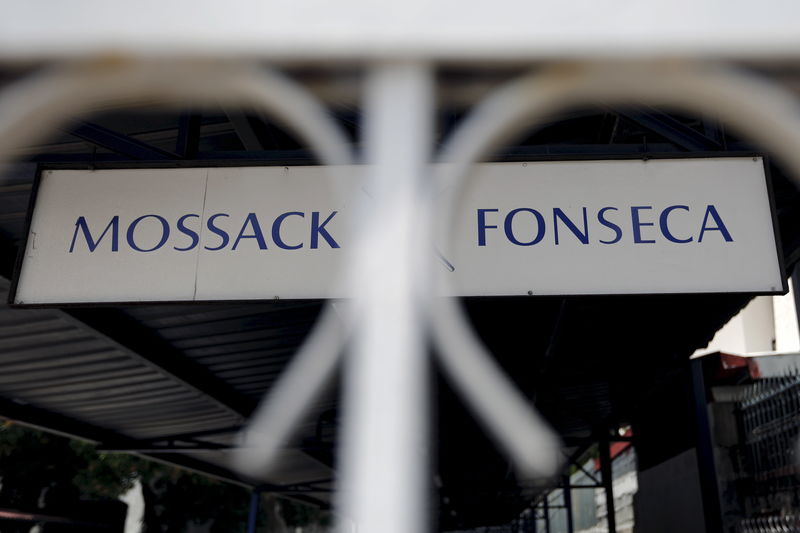By Suzanne Barlyn
(Reuters) - A new U.S. rule requiring the financial industry to identify owners of companies opening accounts includes a loophole that could spur, instead of curb, shell company abuse, transparency and anti-corruption advocates said on Friday.
The Customer Due Diligence (CDD) rule, unveiled by the Obama administration on Thursday, is meant to prevent criminals from using shell companies to hide ownership, launder money and commit other financial crimes.
But the rule leaves room for financial institutions to satisfy a requirement that they identify a shell company's "beneficial" or true owner by listing a senior manager as such a person, said Elise Bean, former staff director and chief counsel of the U.S. Senate Permanent Subcommittee on Investigations, in a call with reporters.
Due diligence by financial institutions that stops at a management figure would allow individuals who set up shell companies for illicit purposes to continue to hide their identities, Bean said during the call, organised by the Washington-based Financial Accountability & Corporate Transparency Coalition.
The use of shell companies to hide assets and avoid taxes is in the spotlight following a massive leak of data from the Panama-based law firm Mossack Fonseca, which embarrassed several world leaders and sparked government investigations around the globe into possible financial wrongdoing by the wealthy elite.
The Obama administration also proposed a bill on Thursday that would require companies to report the identities of their owners to the federal government as another move to combat shell companies.
Treasury's CDD rule defines "beneficial owner," also known as the real company owner, as someone who owns 25 percent or more of the company. That person can also control or manage the entity. Those individuals can include a person with "significant responsibility" to manage, and can be anyone from a chief executive officer to a vice president, according to the rule.
Those individuals could be figureheads in far flung locations such as the Isle of Man or British Virgin Islands, rather than the real owners, critics of the rule said.
"The definition of a company’s beneficial owner or owners must include a robust definition that includes both the concept of ‘ownership’ as well as ‘control’ to guard against bad actors using proxies to conduct business on their behalf," said anti-corruption group Global Witness in a statement.

A spokeswoman for the Department of Treasury, which worked on the rule since 2012, declined to comment.